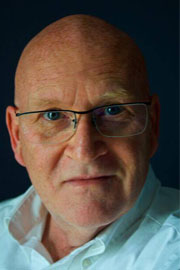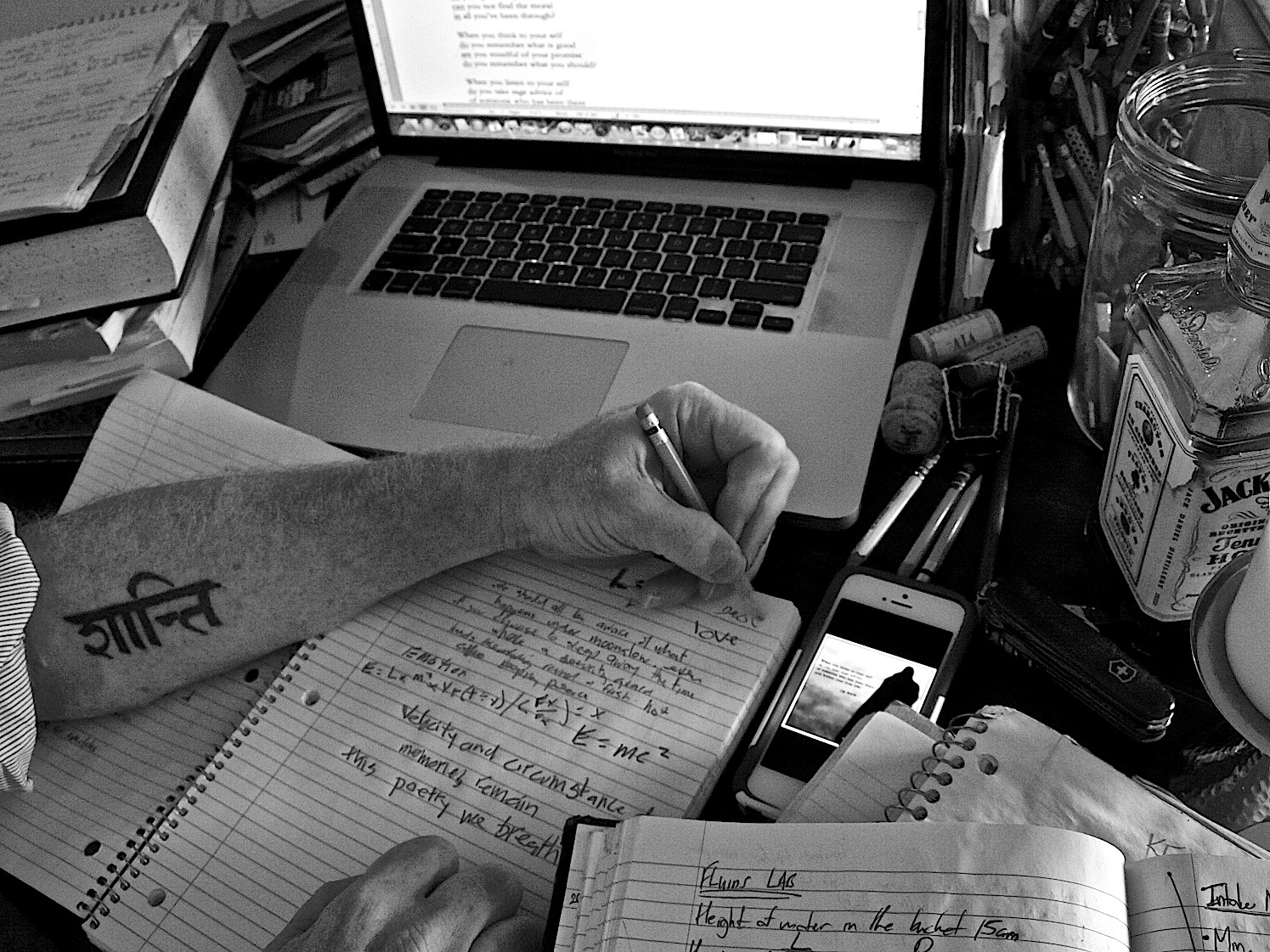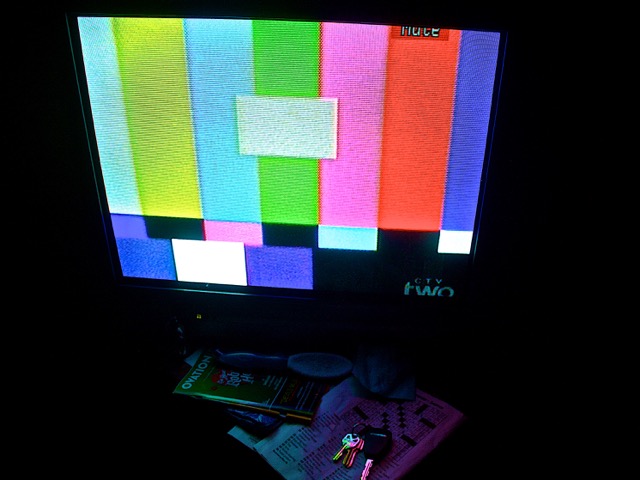Month: April 2017
nostalgia carries
sound and scent
you remember
how it felt
where it went
nicotine, acetylene
burning youth
passion screamed
hair spiked up
with shaving cream
ripped T-shirt
tattered jeans
ear-splitting music
filled the space
in between
power in the lyric
purpose in
the voice
conformity never
was a choice
nights lasted longer
remember how
we danced
history never gets
another chance
© 2017 j.g. lewis
Posted on April 8, 2017 by j.g.lewisLeave a comment Too long now I’ve been trying to find the essence of poetry, to break it down to a simple format or formula, and completely understand how it moves and why it speaks.
It can’t be all that difficult, I supposed, for if something as significant as the Special Theory of Relativity can be explained so simply and eloquently, why couldn’t then be poetry.
E = mc2
In demonstrating that mass and energy are the same, Albert Einstein used but a few letters to universally explain. Admitting though, at the time, the concept itself was somewhat above the average mind.
Physics, calculus, and specialized sciences have always made use of equations to express a question or solution for every occasion. In mathematics, a rule or principal is frequently spelled out in algebraic symbols. With math, or chemistry, equations quantify anything large into something more compact, like poetry does within the boundaries of language.
Formulas are easily understood by those familiar with the topic, but difficult for those without specific knowledge. One need not acquire specific wisdom to understand, enjoy, and write poetry.
Simply stated (without an equation), prose and verse is about life. Poetry is logic.
Although logic, and life itself, gets complicated, it is more easily understood in poetic form. Like life itself, poetry is not a concept unfamiliar to us; it is expression of the soul and of the senses. We have been surrounded by poetry since we were mere babes, weaned on nursery rhymes and raised with music, popular lyrics consciously or subconsciously showing us rhythm and meter and cadence and phrasing. Each of us has an inner knowledge of poetry, whether we admit it or not.
So, like Einstein’s E and m and c, can we not find an equation for poetry? It’s not a complicated question like Why doesn’t the moon crash into the earth? Or it shouldn’t be. So I continue searching for something that should be rudimentary, but with a subject so seemingly simple, why has this search become more of a quest?
Each day, with an open mind and a cluttered desk, or a wandering mind at a sunlit park bench, I try to put my thoughts to rest. I imagine it should be simple like the X and Y of equations gone by, but will chose my own letters and continue to try.
My L can represent Love and my S might be sorrow, Y may be yellow (colours are a precious tool to play with, and to borrow). V, of course, is volume or velocity, and T, well time is a given, as now it might be.
So I come up with something that seems to make sense, except mornings, before coffee, when my mind is so bloody dense.
P=S ± (T+e) /V x L [m/L + s/L + f/L ]+A x π+g x M
Poetry equals Senses plus or minus time and emotion, divided by the velocity of our motion. We can only feel those feelings at times we cannot express, but they are there, they are whole, even when they’ve gone amiss.
And then there is Love; mindful love and soulful love or lustful love, dying love, a love not returned or acknowledged, even so it must so be added. Love goes to the highest power, for it may be the most basic tenet of poetry.
Your attitude, on any given day, impacts the circumference of your being; easily marked with the symbol Pi, it’s not how hard you live, but how hard you try. Throw in a little geography, the places we’ve travelled or the settings of which we dream, and with it all it is mind over matter. So make it matter, as poetry does.
Now, I’ve never been much with mathematics, or any of its sub-genres or derivatives, preferring study of the less absurd; the uncalculated pleasures of the profound written word.
But my lesser knowledge of calculus, or trigonometry, cannot take away from what is a part of me.
So I, in many ways, use a basic math. You add feelings, time references, and thought, divide up your musings and subtract the words that get in the way. Then it gets messy, for many times the words preventing you from moving ahead are unspoken and can’t be said and therefore must only be represented by an X, Y or a Z, but can’t always be summed up with an M or a C.
The thing is, I don’t want my letters to simply represent something, I want them to be part of it; a piece of everything poetry is and what it stands for.
My letters form words, and yes my S might not be sorrow, but it can also sizzle, sensual, or a shadow. The T is part of temptation and tsunami, and is even part of style. And the beloved X works well for a xenophile, or an easy exit, the text on which we rely. My words are whole and my words are true, they represent a life shared by me, or by you. Whether linear, or constructive, or lyrical verse, words become quite ubiquitous, or sometimes even terse.
So as simple as poetry is, it can seem very complicated. There are no equations, quotients, and its powers can’t be expressed by number. It cannot be squared, it simply has to be free and a poem cannot be summed up by an E, m, or C. Poetry in all its forms, be it whispered or spoken from pages torn, in all the states or divinity might better be expressed by nothing less, or more, than infinity.
∞
© 2016 j.g. lewis
“Pure mathematics is, in its way, the poetry of logical ideas.”
-Albert Einstein
Waste not then
this time, or voice.
If days are
to be numbered
there shall not be
the need to pursue
a formula or quotient
within this
laden cornucopia of
milestones or
misgivings.
Whither not
beneath the burden
of overt indiscretions
or shortcomings.
Your being, lacking not
in the unboundedness of
empathy, diligence
and devotion,
will sustain the
occasional deluge
of self-doubt.
Want not, for
perceived abundances
sold to you by commerce,
Christianity or
self-help
infomercial icons.
Are you not already
enough? Instead look at
at what exists, and
all that
has survived.
©2016 j.g. lewis




